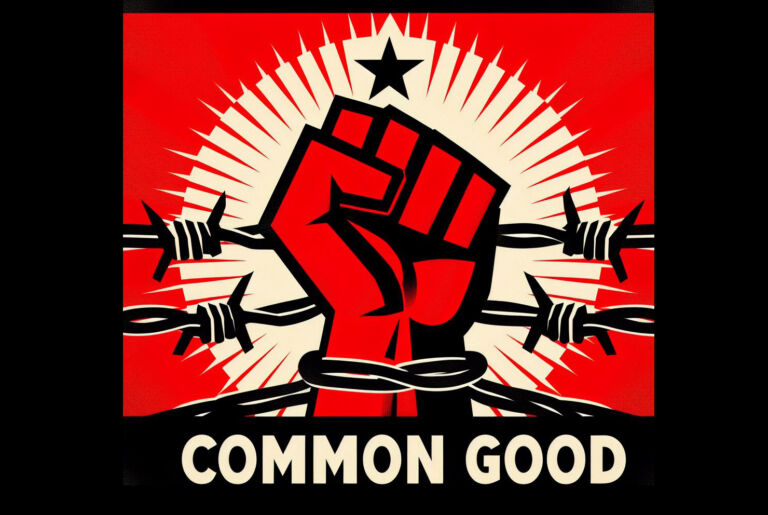John Stossel devotes a Townhall.com column to battling a common myth about capitalism.
Capitalism and racism go together?
I hear it all the time.
“Racism is intricately linked to capitalism,” says famous Marxist Angela Davis. “It’s a mistake to assume that we can combat racism by leaving capitalism in place.”
“Anti-racist” activist Ibram X. Kendi says, “In order to truly be anti-racist, you also have to truly be anti-capitalist.”
This is just silly.
In my new video, Swedish historian Johan Norberg explains how free markets discourage racism.
Capitalists make a profit by serving their customers. The more customers they please, the more money they might make. It hurts the bottom line to exclude any groups.
“Look around the world,” says Norberg, “The least racist societies with the fewest expressions of racist attitudes are the most capitalist countries.”
Norberg’s new book, “The Capitalist Manifesto,” highlights a Journal of Institutional Economics study that found a correlation between economic freedom and “tolerance of ethnic groups.”
“Capitalism,” he says, “Is the first economic system where you only get rich by opening up opportunities for others. It pays to be colorblind. It pays to be open to willing customers and workers who could enrich your company no matter what religion or race. … It doesn’t mean that every person will be colorblind. There will always be idiots. But in capitalism, it’s costly to be an idiot.”
He reminds us that in the Jim Crow South, businesses fought racism, because the rules denied them customers.
“It’s often forgotten that owners of buses, railways, streetcars in the American South didn’t really segregate systematically until the late 19th century,” says Norberg. “It was probably not because they were less racist than others in the South, but they were capitalists. They wanted money, they wanted clients, and they didn’t want to engage in some sort of costly and brutal policing business in segregating buses.”


